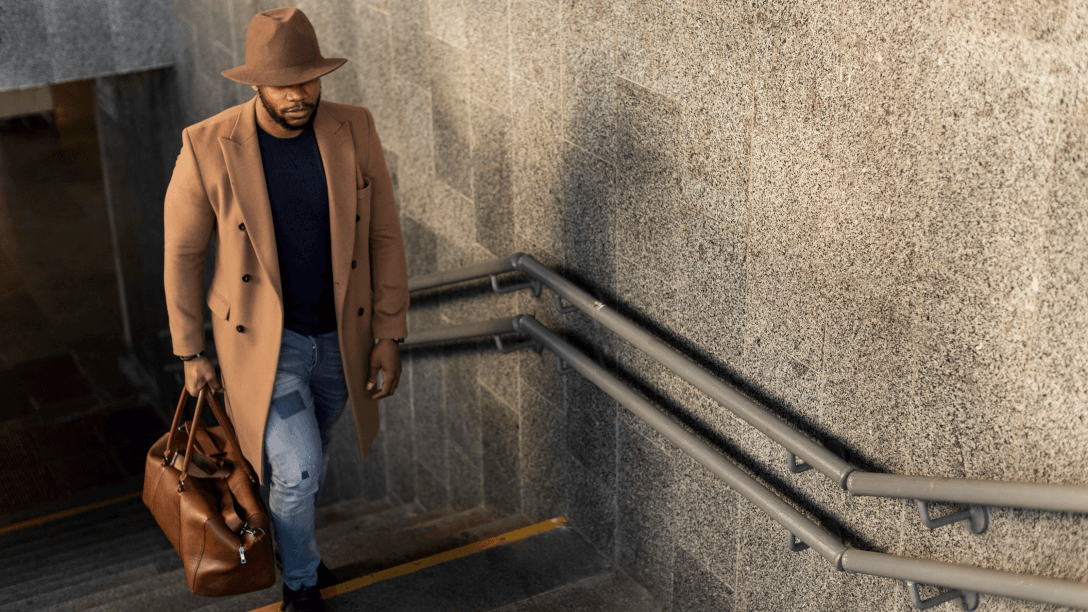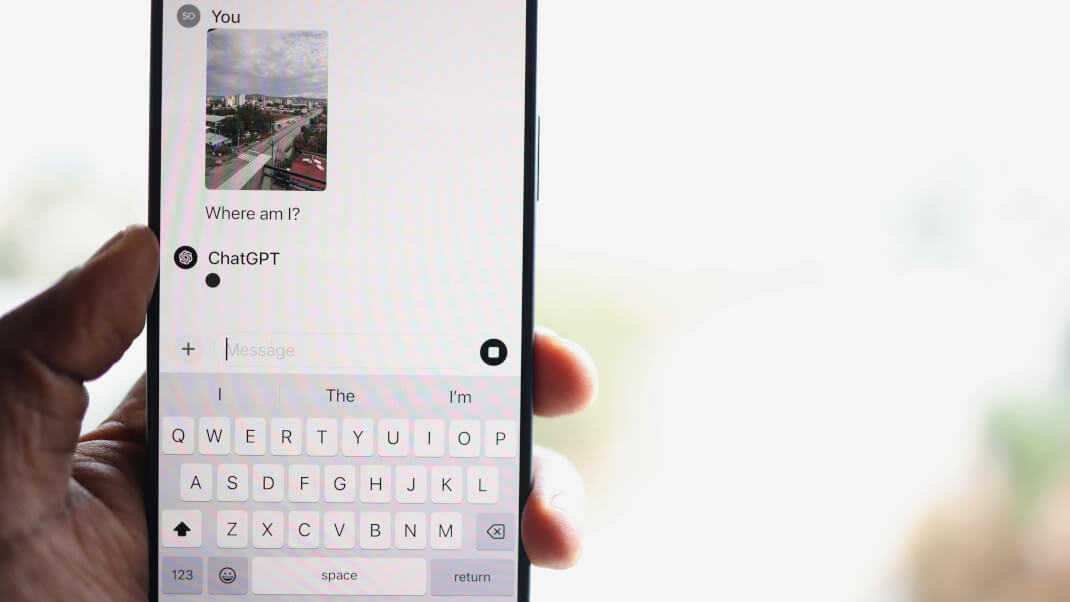
A high-booking website is crucial for the success of your hotel. Based on seven criteria, we show you what makes a hotel website successful!
NB: This is an article from RateGain
A user-friendly website with a high number of bookings is essential for the success of your hotel. Within 2.6 seconds, visitors get a first impression of your website and decide whether to stay or look around at the competitors. Based on seven criteria, we show you what is essential for a successful hotel website!
Subscribe to our weekly newsletter and stay up to date
Tip #1: Intuitive page capture
First impressions count. Create a harmonious overall impression with nice pictures and a friendly and uniform colour scheme. Focus on your USPs and show what makes your hotel different from others.
Potential guests want to know why it is worthwhile to choose your hotel over all the others. And last but not least – ensure clarity and comprehensibility. The guest should be able to get an overview of the relevant information immediately after opening the page.
Tip #2: Booking options
The main purpose of your website is to generate bookings. So make sure that the user has enough opportunities to do so. Your booking button, including the arrival and departure dates, should be visible and available to the user at any time to complete a booking. Ideally, you should adapt the button to the style of your site and let it slide while scrolling so that guests always have the chance to book at your hotel.
Tip #3: Content
Use qualified content to give guests a preview of their stay in your hotel. Therefore, choose especially professional, actual and expressive pictures which already create a feel-good atmosphere in the guest’s mind.
Provide additional helpful content in the form of short text paragraphs with suitable subheadings so that guests stay longer on your website and find information about your hotel. If you offer different language versions, make sure the translations are of good quality.
Offer extra benefits. By including guest reviews on your website, your readers can get a better impression of their stay in your hotel and build trust. You can also provide travel information so that visitors can plan their journey and, if necessary, calculate travel routes.
Tip #4: Navigation
Guide the users straight through your website. To help potential guests find information, you should pay attention to a meaningful navigation bar and functional navigation to simplify the orientation on your website. In addition, integrate the booking engine into the navigation in a visible way – this will
offer potential guests a quick and uncomplicated booking option.
Tip #5: Call-to-Actions
No matter if it’s for newsletter subscriptions, table reservations or last but not least, the booking button – Call-to-Actions are essential on hotel websites. They must be eye-catching and clearly visible. Nevertheless, they should be serious and well-positioned. When implementing them, ensure they are uniformly presented to maintain a harmonious overall picture.
Tip #6: Technology
The loading speed is a crucial aspect for the success of your hotel website. Only a few seconds can be decisive in determining if a potential customer even becomes a visitor to your website or not. If it takes longer than 4 seconds to load, the visitor jumps off and does not return. Even with fast-loading websites, a slight slowdown can have a massive impact on the bounce rate, as a study by the Internet service provider Pingdom showed. For example, the bounce rate was 9% with a loading time of 2 seconds – but if the loading time increased to 3 to 5 seconds, the bounce rate also increased to 38%, which means that essential bookings can be lost, especially on hotel websites.
Therefore, use tools to measure speed (for example, Google Speed Test) and reduce your bounce rate.
Additional tip: The faster the loading time, the more beneficial it is for the ranking in the search engines.
Tip #7: Mobile
Anyone who still needs to adapt their hotel website for mobile devices has already lost. More and more travellers use smartphones or tablets to search for hotels. Also, the first impression counts here – if your website does not adapt to different screen sizes, the traveller will switch off and switch to your competitors.
So make sure your web design is mobile-friendly, that the booking button is fixed, images and text are easy to recognise, and that navigation is easy to use.
Improve the user experience of your hotel website and turn website visitors into guests!




